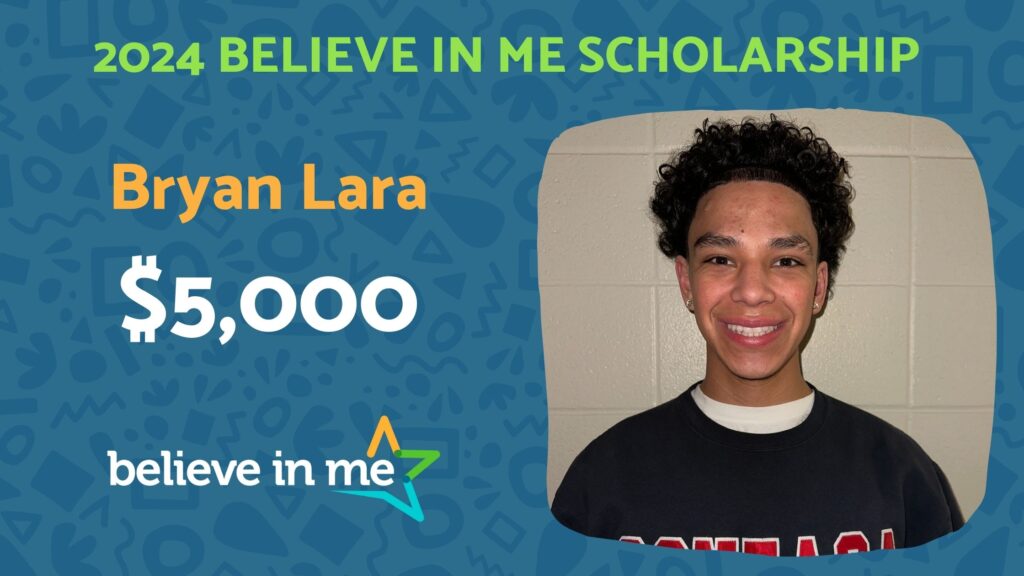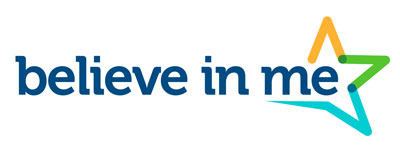The Stark Reality of the Education Divide
Imagine this: two students graduate from high school. One’s parents attended college, while the other’s did not. As they walk across the stage to receive their diplomas, their futures diverge significantly. While the student with college-educated parents is almost guaranteed to enroll in college, their first-generation peer faces a mountain of obstacles:
Limited financial resources
Lack of support at home
Unfamiliarity with the admissions process
Even self-doubt
A 2001 National Center for Education Statistics study revealed that 54% of students whose parents completed high school enrolled in college immediately after graduation, compared to just 36% of students whose parents did not finish high school (Balemian & Feng, 2013).
That 18% gap is not just a number—it represents thousands of students, full of potential, who are systematically left behind. These students are being shut out of a world of possibilities that higher education provides. If we care about equal opportunity and the future of our workforce, we must ask: Why are so many first-generation college students (FGCS) falling through the cracks?

The Root of the Problem: Why FGCS Face an Unfair Start
The gap begins long before these students step onto a college campus. For many FGCS, the road to higher education is filled with detours and dead ends that their continuing-generation peers do not encounter. Here is why:
1. Financial Instability and Unfamiliarity with the College System
The daunting cost of college is often the first roadblock. Most first-generation students come from low-income families who are unfamiliar with navigating the financial aid process. They do not know where to begin, what documents they need, or how to maximize the aid they can receive. Financial aid’s complexity becomes another barrier, discouraging them from applying altogether. Many families, focused on surviving month-to-month, view college as a luxury rather than an achievable goal.
Research by Arnold, Lu, and Armstrong (2012) highlights that many FGCS must know the differences between institutions. They may enroll in less selective colleges offering better programs for their career aspirations or financial aid packages that truly fit their needs. Without someone guiding them, they make ill-informed decisions that can lead to dropping out or incurring overwhelming debt.
2. Underfunded Schools and Low Academic Self-Esteem
Most first-generation students’ early academic experiences do little to prepare them for the rigor of college. The underfunded schools they often attend lack qualified teachers, robust AP programs, and college prep resources (Hudley et al., 2009). The average student with college-educated parents is encouraged to take advanced classes, engage in extracurricular activities, and meet with guidance counselors regularly. For FGCS, the opposite is often true. Their high schools struggle to provide even the most basic college-readiness programs.
Not surprisingly, this lack of preparation shows up in academic performance. FGCS are more likely to have lower SAT/ACT scores, directly correlating to lower college persistence rates (Balemian & Feng, 2013). This academic deficit contributes to low self-esteem. Imagine entering a college classroom feeling fundamentally out of place, believing you are less capable than your peers simply because no one told you otherwise.

The Loneliness of Being First: Racial Disparity and Cultural Disconnect
Many first-generation students come from racial or ethnic minority backgrounds. African American, Hispanic, and Native American students, in particular, have historically faced barriers to educational attainment. In 2008, 63% of White students enrolled in postsecondary education, a proportion four to five times greater than their Black, Hispanic, and Native American peers (Sommerfeld & Bowen, 2013).
Minority FGCS are often doubly burdened by the dual challenge of navigating a predominantly White academic system and carrying the weight of their family’s expectations. They may face microaggressions, feel tokenized, or grapple with the false assumption that they only got into college due to affirmative action, which erodes their confidence further (Wilkins, 2014).
This cultural disconnect creates a sense of isolation. The collegiate atmosphere may feel alien to students who are the first in their families to enter these spaces. Because FGCS often maintain close familial ties, they experience guilt when they start distancing themselves to engage with the college culture—a necessary step for academic and social integration (Stephens et al., 2014). Feeling torn between their home lives and their new academic world, many FGCS ultimately disengage and drop out.

Mentorship and Support: The Game Changers for Success
Despite these barriers, hope is not lost. Many FGCS who find success attribute it to external support systems, such as mentorship programs and targeted interventions. For instance, Bryan Lara, a student at Gonzaga University and a recipient of the Believe in Me scholarship, exemplifies how the proper support can transform lives. Bryan, the first in his family to attend college, faced numerous challenges, including financial instability and a lack of familial support. His mother, who migrated to the U.S. as a pregnant teenager, worked tirelessly to provide for him, instilling a sense of responsibility and drive in Bryan.
With the help of a $5,000 scholarship from Believe in Me, Bryan has continued his education in Business Management, maintaining a commendable 3.60 GPA while participating in community service and extracurricular activities like basketball. But what sets Bryan apart is his unwavering commitment to giving back to his community. He envisions using his education to create opportunities for marginalized youth, build generational wealth, and support his family, particularly his mother. Bryan’s journey, guided by his mentors and supported by Believe in Me, is a testament to how external support systems can make the difference between being left behind and thriving.
This is where Believe in Me’s iLevelUp app can make a profound difference. The app is designed to guide FGCS through the admissions process, helping them find scholarships, understand financial aid, and connect them to mentors who have walked in their shoes.
Mentors can help bridge the gap between FGCS and the unfamiliar terrain of higher education. They provide academic advice, emotional encouragement, and practical knowledge, like balancing work with school or navigating challenging courses. Research shows that FGCS who receive mentorship are more likely to persist in college and graduate (Sandoval-Lucero et al., 2014).
The potential impact of mentorship cannot be understated. It can empower students to believe they belong, build their academic self-confidence, and create a sense of community that combats the isolation they often feel. iLevelUp integrates these tools into one cohesive platform, offering hope for thousands of students who would otherwise be left behind.

What You Can Do: Bridging the Education Gap
Imagine what could happen if major donors, corporations, and foundations banded together to invest in these students’ futures. Initiatives like iLevelUp can only reach their full potential with the necessary financial support. By funding app development and mentorship programs, donors can fundamentally alter the course of a student’s life. And the return on this investment? A more educated, diverse workforce and a more equitable society. Your contribution, no matter how big or small, can make a difference in bridging the education gap.
The truth is, when we leave FGCS behind, we all lose. As the workforce becomes increasingly competitive, we cannot afford to waste the potential of students who need more guidance, support, and resources. The education gap is not just their problem; it’s ours. And together, through collective action, we can close it.
Join Us in Our Mission
The education gap for first-generation college students is a deep-seated issue rooted in systemic inequities that have existed for generations. However, it is not insurmountable. With targeted support, mentorship, and innovative tools like iLevelUp, we can empower FGCS to reach their full potential. We invite you to join us in this mission, to invest in the future of these students, and to help bridge the education gap.
At Believe in Me, we are committed to ensuring that every marginalized youth has the opportunity to succeed. Our mission is to provide first-generation students with the confidence, tools, and mentorship they need to survive in college and thrive. Now, we need your help. Join us in closing the education gap. Invest in the future. Invest in our students. Visit https://ilevelup.app/ to learn how you can make a difference!
References:
- Arnold, K. D., Lu, E. C., & Armstrong, K. J. (2012). The ecological view of college readiness. ASHE Higher Education Report, 38(5), 91-107.
- Balemian, K., & Feng, J. (2013). First-generation students: College aspirations, preparedness and challenges. Research College Board.
- Hudley, C., Moschetti, R., Gonzalez, A., Su-Je, C., Barry, L., & Kelly, M. (2009). College freshmen’s perceptions of their high school experiences. Journal of Advanced Academics, 438-471.
- Sommerfeld, A. K., & Bowen, P. (2013). Fostering social and cultural capital in urban youth: A programmatic approach to promoting college success. Journal of Education, 193(1), 47-55.
- Stephens, N. M., Hamedani, M. G., & Destin, M. (2014). Closing the social-class achievement gap: A difference-education intervention improves first-generation students’ academic performance and all students’ college transition. Psychological Science (Sage Publications Inc.), 25(4), 943-953.
- Wilkins, A. C. (2014). Race, age, and identity transformations in the transition from high school to college for Black and first-generation White men. Sociology of Education, 87(3), 171-187.
- All references from Falcon, L. (2015). Breaking Down Barriers: First-Generation College Students and College Success. Innovation Showcase, 10(6).


